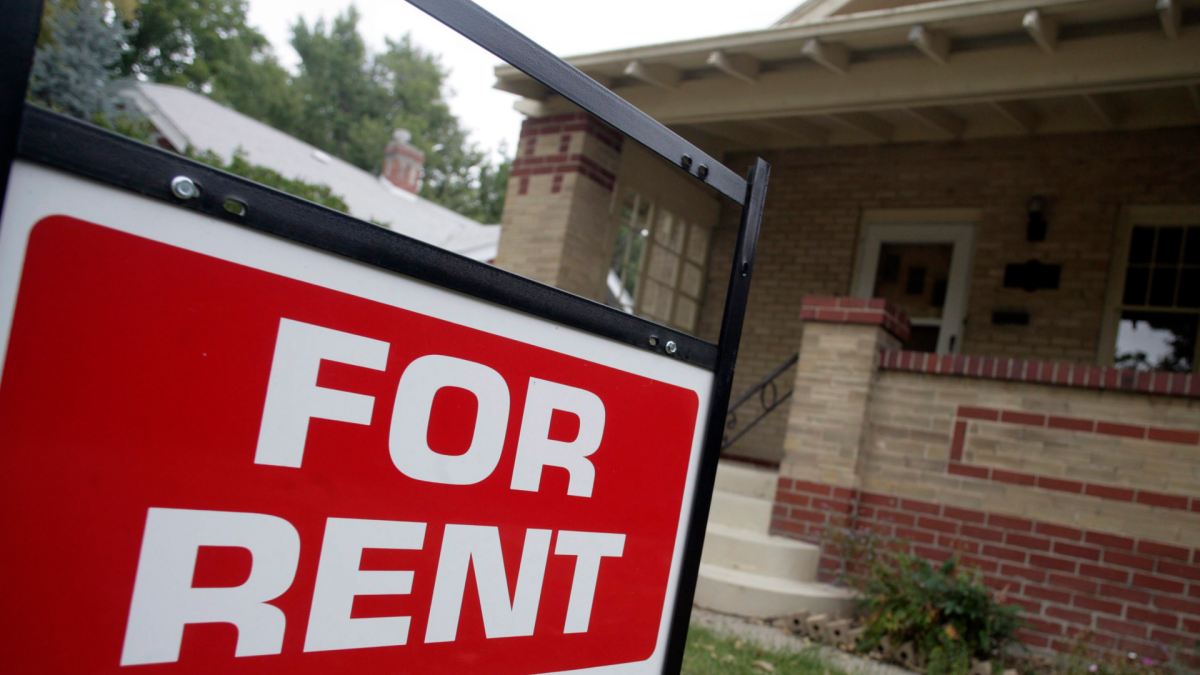A new report ranking the most expensive cities in Canada to rent an apartment has listed Barrie, Ont., among the top 10, and housing support agencies say it’s not surprising.

The report from Zumper.ca lists the top 10 most expressive places to rent using data from more than 1 million active listings for the top 100 cities by population and nearly 300 additional cities within major metro areas.
Among all the cities in Canada, the rental website said the data showed Barrie ranked as the eighth most expensive city to rent a one-bedroom apartment, with the average rent for a one bedroom unit between $1,650 to $1,700 a month.
These numbers, says a community service agency leading housing supports in Simcoe County, bring attention to the struggle more and more families face not being able to find an affordable place to live.
“One of the things that we are seeing as well is that there’s no longer an unemployed struggle to secure housing. This is not about individuals or unemployed or individuals who are on ODSP or OW (Ontario Works); it is fully-employed households who are unable to find affordable units within Barrie,” said Claudine Cousins, chief executive officer of Empower Simcoe.
“We’ve seen a significant increase in the number of people accessing shelters as a result of this, and with no availability of housing, especially one-bedroom housing, the numbers are continuing to increase and remaining unaffordable.”
- Much of Canada faces extreme cold, heavy snow in latest winter blast
- 3 in 10 Albertans would vote for independence — but only half committed to separating: poll
- Pimicikamak Cree Nation to evacuate 79 more homes after military assessment
- China’s envoy says Beijing, Ottawa ‘eye to eye’ on supporting Greenland
Empower Simcoe is a multi-service, charitable, non-profit organization that leads the housing first program in Simcoe County, helping families who are at risk of losing their homes find housing.

Get daily National news
Cousins said they have received at least 4,300 calls from people in Barrie regarding housing over the last year.
She said they met with 652 individuals during that time, of which they have only been able to house 170.
When asked what she thought led to the high costs, Cousins said a lack of “attainable housing” was a big factor.
She said they have started hearing from more and more families and people with one or two jobs who cannot find affordable housing.
“They’re being squeezed out of the market just as much as someone who is on ODSP or OW. So they are also at risk of being homeless because they cannot use the amounts that they make in order to find housing,” Cousins said.
To address the issue, Cousins feels there is not a one size fits all solution. She said several things need to happen to have an impact, including creating more publicly-built housing like modular homes and adding second suits to existing homes.
Another factor Cousins said is how much people make needs to keep pace with how much they need to survive. She said municipalities need to cut down the red tape developers face when building new apartment buildings or communities.
“If you think about someone who is OW, they get about $760, so below $800 a month, and they are looking for housing. There is no way that amount, if they put the whole thing towards housing and a studio is going at just over $1,000 – they still can’t afford the studio apartment. So what we’re talking about is we’re looking for attainable and available housing,” Cousins said.










Comments